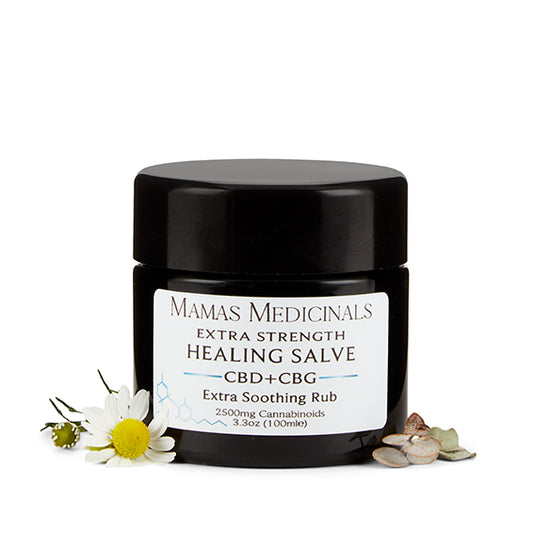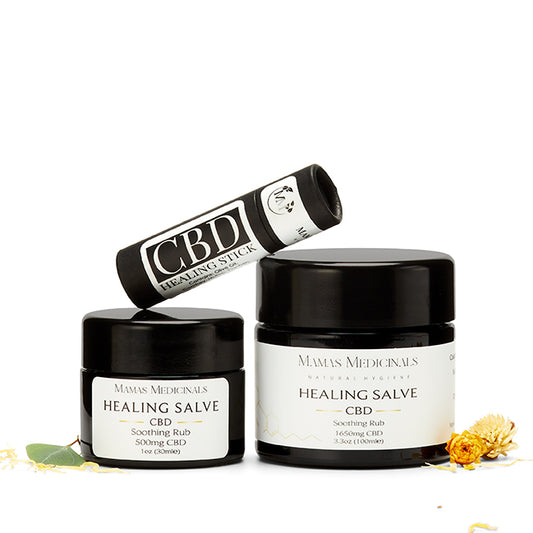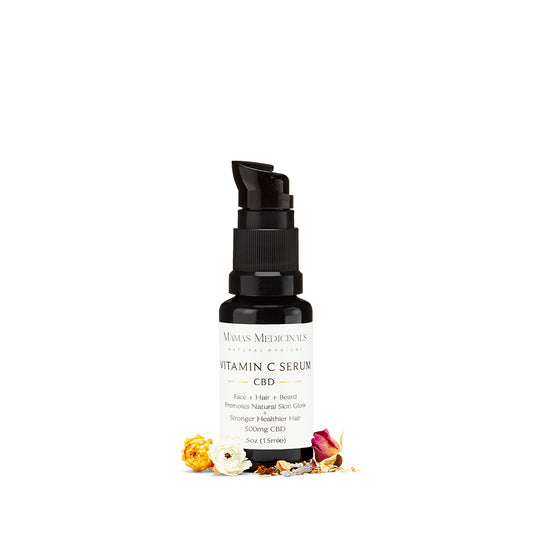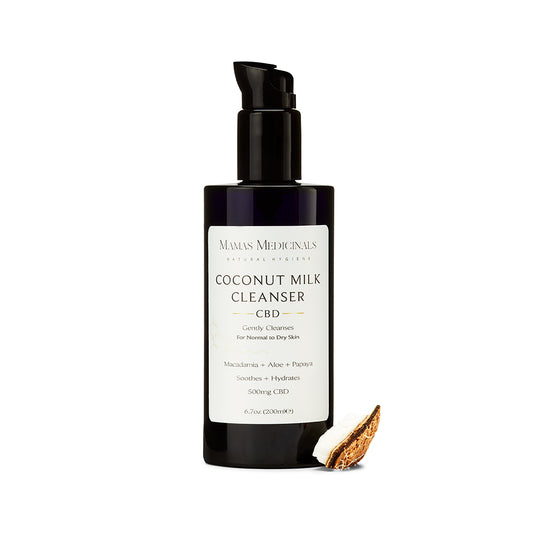In the world of natural remedies, there's a hidden gem that has graced us for centuries – rose hips. These edible and medicinal fruits of the rose have been cherished by civilizations from the Ancient Egyptians to Mayans, Romans, Greeks, and the Indigenous tribes of North America. Rose hips offer a plethora of health benefits that continue to captivate modern enthusiasts. Let's venture into the captivating realm of rose hips and uncover their remarkable contributions to well-being.
A Time-Honored Tradition: Healing through the Ages
The historical use of rose hips is a testament to their versatility in tackling a wide range of ailments. Ancient civilizations harnessed their potential as diuretics, relieving stomach aches, toothaches, respiratory ailments, pain, inflammation, and even gout. Rose hips played a significant role in addressing kidney and urinary tract issues, as well as ear, nose, and throat discomfort. Their reputation extended to being a blood cleanser, laxative, and aid for sore throats. These remarkable pseudo fruits were embraced as heart health enhancers and a preventive measure against scurvy due to their rich vitamin C content.
Power-Packed Nutrients: A Bounty of Vitamins and Antioxidants
Rose hips stand tall as a prime source of antioxidants, with various compounds like flavonoids, polyphenols, and carotenoids safeguarding cells from oxidative stress. These antioxidants work to neutralize harmful free radicals, which are implicated in various chronic diseases.
Among its wealth of nutrients, rose hips are particularly renowned for their vitamin C content. This vitamin is essential for immune system support, skin health, and collagen formation. In fact, rose hips are believed to contain more vitamin C than many citrus fruits. Additionally, these pseudo fruits boast vitamins A, E, and K, further contributing to their nutritional profile.
Fatty Acids for Nourished Skin
The presence of fatty acids in rose hips adds another layer to their health benefits. These fatty acids, including omega-3, omega-6, and omega-9, are not only beneficial for overall health but also play a crucial role in maintaining skin health. Omega fatty acids support the skin's natural barrier function, locking in moisture and preventing dehydration. Regular consumption of rose hips can contribute to a radiant and supple complexion.
12 Benefits for Skin Health
- Moisturization: Rose hip oil is rich in essential fatty acids that deeply moisturize the skin, helping to maintain its natural hydration and preventing dryness.
- Scar Reduction: The presence of vitamins A and C in rose hip oil can aid in reducing the appearance of scars, including acne scars and stretch marks, by promoting skin regeneration.
- Anti-Aging: The antioxidants and vitamin A in rose hip oil can support skin elasticity, minimize fine lines, and combat the effects of aging, leaving the skin looking more youthful.
- Even Skin Tone: Rose hip oil's natural pigments and antioxidants can help even out skin tone, reduce hyperpigmentation, and enhance overall complexion.
- Wound Healing: The oil's anti-inflammatory properties, combined with its ability to promote collagen production, can accelerate the healing process of minor wounds and skin irritations.
- Sun Damage Repair: The antioxidants in rose hip oil can assist in repairing sun-damaged skin by neutralizing free radicals and encouraging skin rejuvenation.
- Acne Control: The anti-inflammatory properties of rose hip oil can help soothe inflamed skin and the linoleic acid content may regulate sebum production, aiding in managing acne.
- Skin Brightening: Regular use of rose hip oil can result in a more radiant and brighter complexion, thanks to its ability to improve skin cell turnover.
- Hydration Boost: The oil's lightweight texture allows it to penetrate the skin easily, delivering moisture and essential nutrients deep within the skin layers.
- Sensitive Skin Care: Rose hip oil's gentle nature makes it suitable for sensitive skin types, providing nourishment without causing irritation.
- Skin Regeneration: The combination of vitamins, antioxidants, and fatty acids stimulates skin regeneration, promoting a healthier and revitalized appearance.
- Reduction of Inflammation: Rose hip oil's anti-inflammatory properties can alleviate redness and irritation associated with various skin conditions.
When using rose hip oil, it's important to perform a patch test first to ensure your skin doesn't have any adverse reactions. Incorporating this oil into your skincare routine can help you harness its array of benefits for improved skin health.
Mamas Medicinals Vitamin C Serum
Flavonoids and Weight Management
One standout flavonoid found in rose hips is tiliroside, which has garnered attention for its potential role in weight management. Studies with mice have shown tiliroside from rose hips to reduce the accumulation of fat in the liver. While the exact mechanisms are still being explored, studies suggest that tiliroside might aid in reducing body weight by modulating metabolic processes. This discovery adds another layer of intrigue to the multifaceted benefits of rose hips.
Incorporating Rose Hips into Your Lifestyle
Harnessing the goodness of rose hips is both easy and enjoyable. These versatile pseudo fruits can be transformed into herbal teas, syrups, jams, jellies, and marmalades, preserving their nutrients and flavors. The joy of foraging for rose hips in the fall and relishing their goodness through the winter months is a time-honored tradition that can be experienced firsthand. Alternatively, you can cultivate rose bushes in your garden, witnessing the transformation from delicate blooms to vibrant, nutrient-rich pseudo fruits.
Embracing Ancient Wisdom for Modern Wellness
As we navigate the complexities of modern life, it's essential to tap into the wisdom of the past. Rose hips stand as a bridge between ancient traditions and contemporary wellness. Their storied history, backed by scientific research, paints a vivid picture of their diverse health benefits. Whether sipped as a tea, spread on toast, or integrated into skincare routines, rose hips offer a harmonious blend of nourishment and rejuvenation.
Can You Eat Rose Hips from Any Rose?

All rose hips, regardless of the rose variety, are edible and packed with nutrients, boasting numerous medicinal uses. Whether from wild or cultivated roses, these vibrant pseudo fruits contain a bounty of goodness waiting to be harnessed. After harvesting, rose hips can be enjoyed fresh, frozen, or dried using methods like a dehydrator or a drying screen.
Who Should Avoid Rose Hips?
While rose hips offer remarkable benefits, there are certain medical conditions that might necessitate caution. Individuals with sickle cell disease, glucose-6-phosphate dehydrogenase (G6PD) deficiency, diabetes, iron deficiency, or iron storage diseases like hemochromatosis may need to exercise care when considering rose hips as part of their diet.
Is Vitamin C with Rose Hips Better?
Indeed, the combination of rose hips' nutrients and vitamin C creates a potent antioxidant cocktail. Vitamin C's impact on collagen production contributes to smoother skin, while the anti-inflammatory properties of antioxidants work to reduce redness and combat acne caused by bacteria. Embracing the synergy between rose hips and vitamin C can amplify the benefits for your skin.
What Does Rose Hips Do for Men?
Men, too, can tap into the wonders of rose hips. Bursting with bioflavonoids acting as potent antioxidants, and enriched with essential fatty acids like Omega-3, Omega-6, and Omega-9, Rosehip Oil emerges as a natural hydrator. It works tirelessly to keep the skin moisturized and nourished, diminish scars' appearance, and even repair sun-damaged skin – perfect for active and outdoorsy individuals
Can I Use Rose hip Oil on My Face Every Day?
Certainly. The frequency of using rosehip oil on your face can be tailored to your preferences and skin's needs. You have the flexibility to apply a few drops directly onto your skin, mix them with your regular moisturizer, or blend them into your face cream. Whether used daily or as needed, rosehip oil's benefits can be embraced with confidence. If you have sensitive skin, consider starting with weekly use and gradually increasing frequency to daily application.
- 4 cups rose hips
- 4 cups (500 milliliters) water
- 1 cup (200 grams) Sugar or Honey
- Wash rose hips thoroughly.
- Chop rose hips in half
- Boil rose hips and water for 5 minutes in a uncovered saucepan.
- Once boiled, turn heat off, cover and let steep 30 more minutes.
- Strain the rose hips through a jelly bag or cheese cloth and return to clean saucepan.
- (At this point it is optional to add any spice you might like, ginger, cinnamon or cardamom...) Bring liquid to boil, uncovered lower heat to a simmer. Simmer away half the liquid.
- Add sugar or honey to strained liquid, stir well, heat until sugar has dissolved. If using raw honey do not heat, just stir until combined at a warm room temperature.
- Refrigerate syrup in an airtight container until ready for use.
- Use within 6 months
Note: Avoid aluminum and copper Pots. Aluminum and copper deplete Vitamin A
- National Center for Biotechnology Information: Rose Hips' Medicinal Potential
- Medical News Bulletin: 10 Rose Hip Benefits
- Eatweeds: Rosehip FAQ
- Herbal Education Network: Rose Hips
- Grow Forage Cook Ferment: Harvesting Rose Hips
- National Library of Medicine: Rose hip and fatty liver
Incorporating the wisdom of the ancients into our modern lives, rose hips emerge as a true superfood, offering a vibrant tapestry of benefits that span centuries and continents. With every sip, taste, and application, we embrace the timeless legacy of these remarkable pseudo fruits, continuing a tradition of health and well-being that has endured through the ages.






